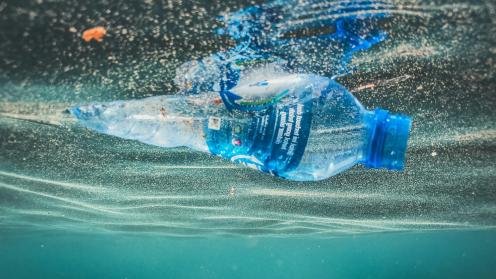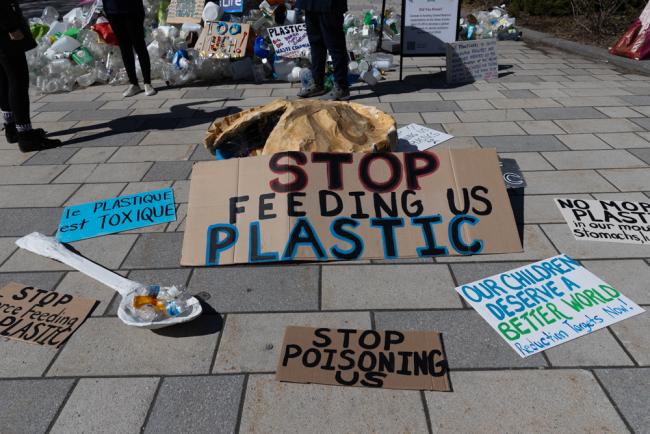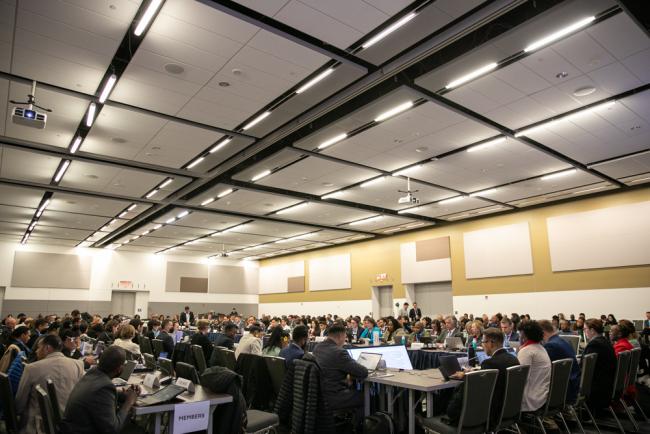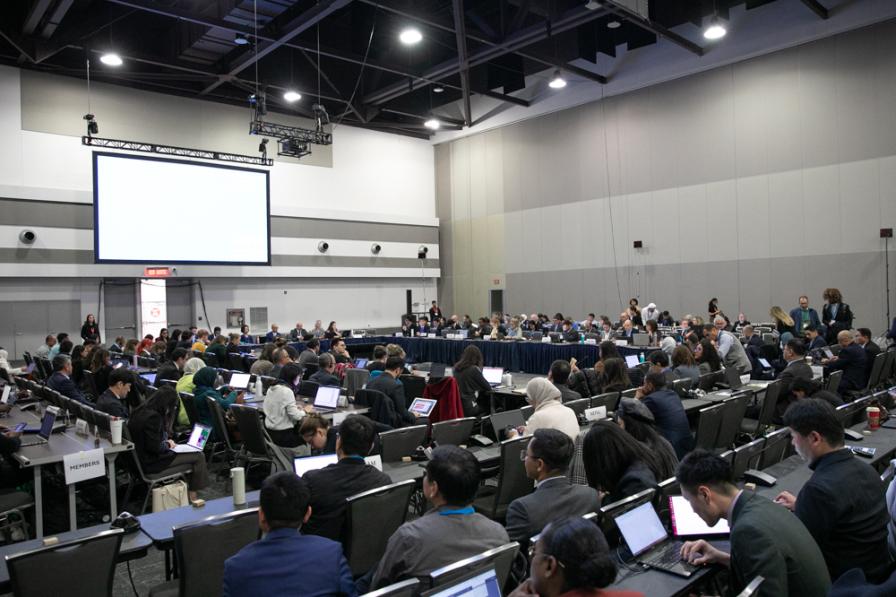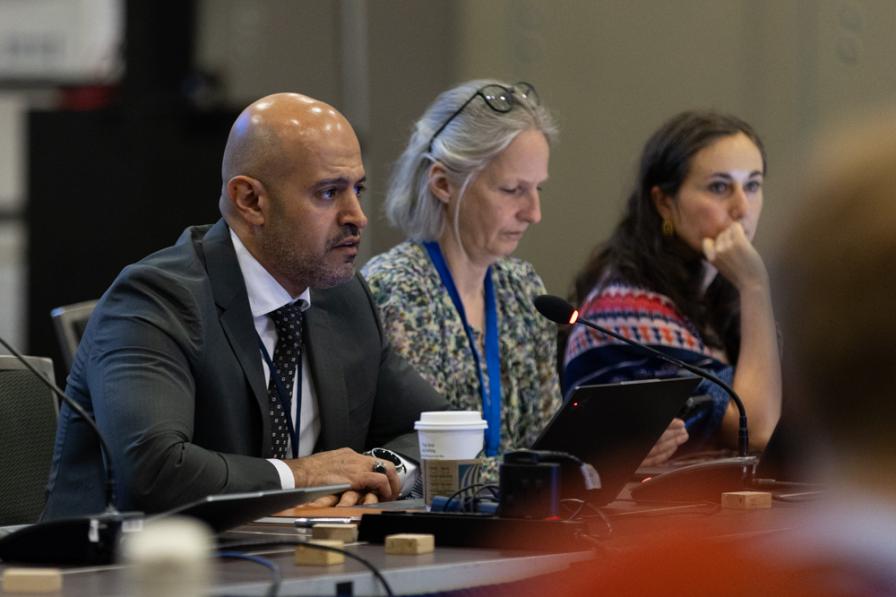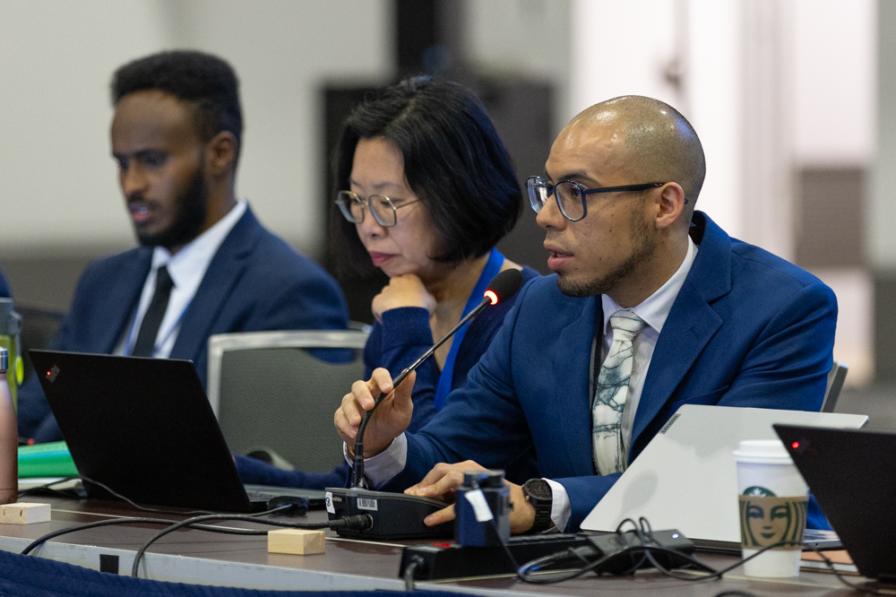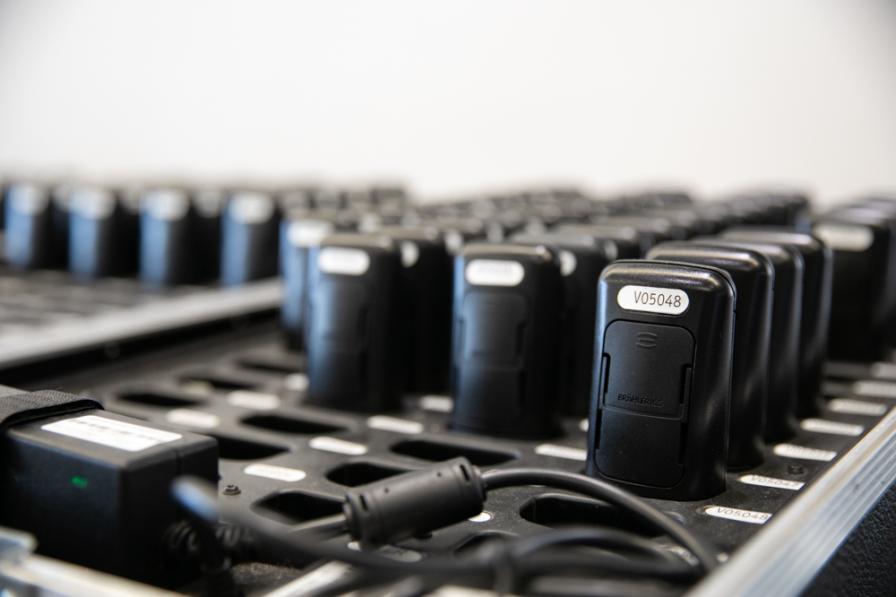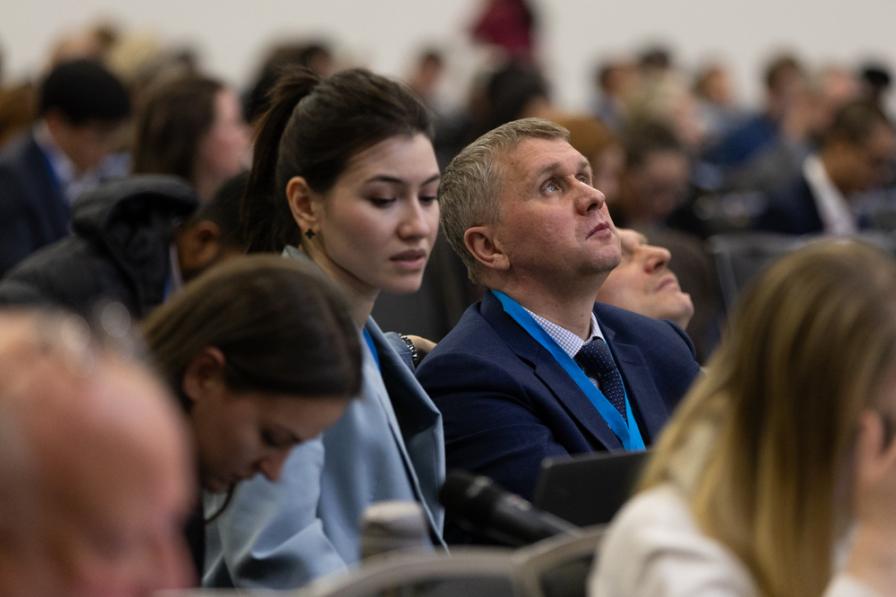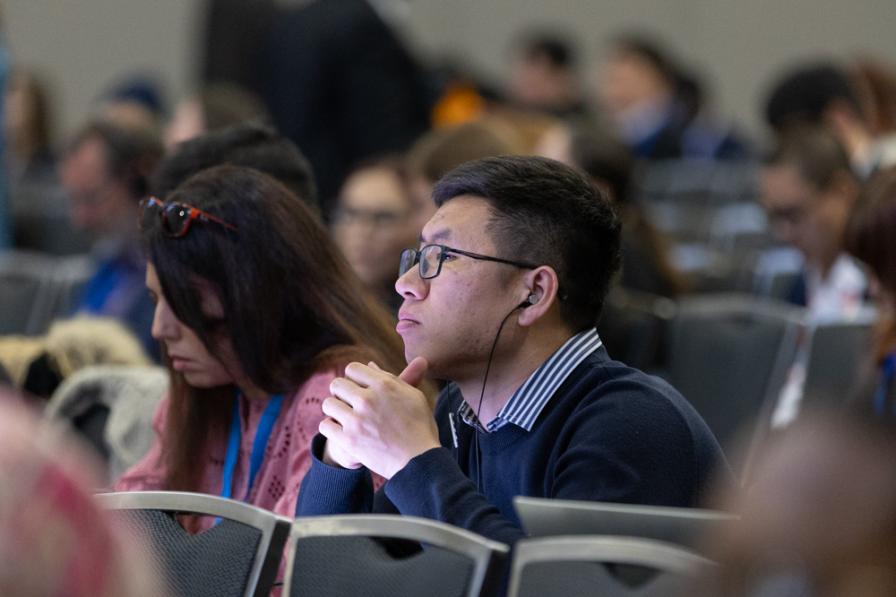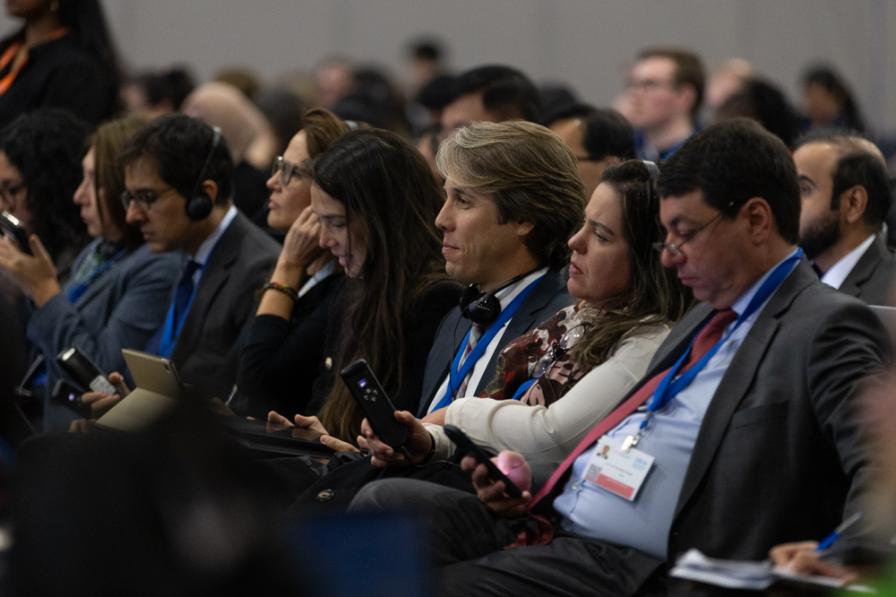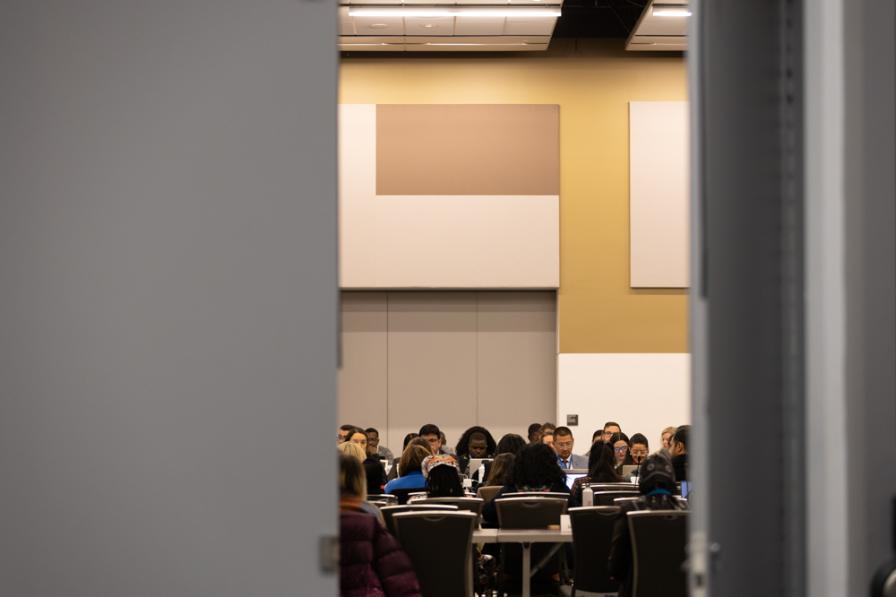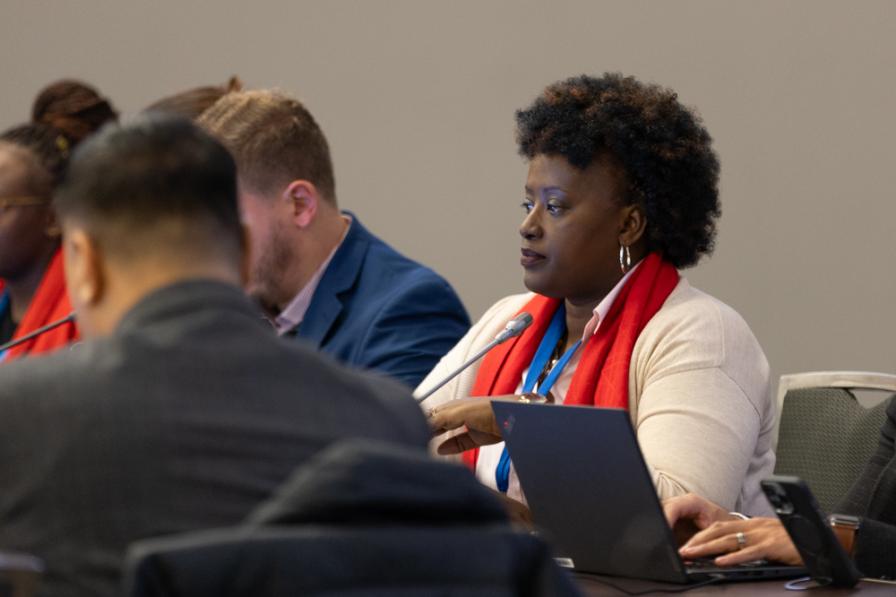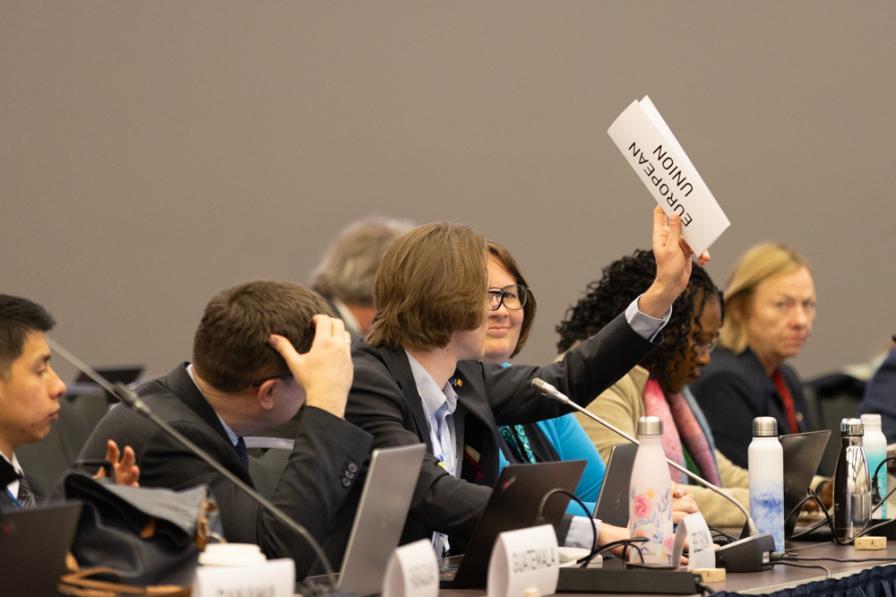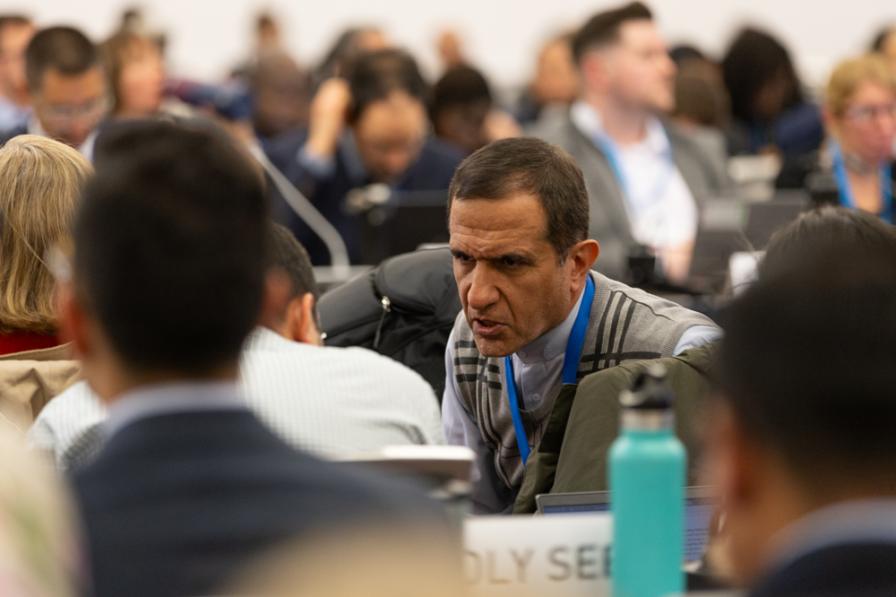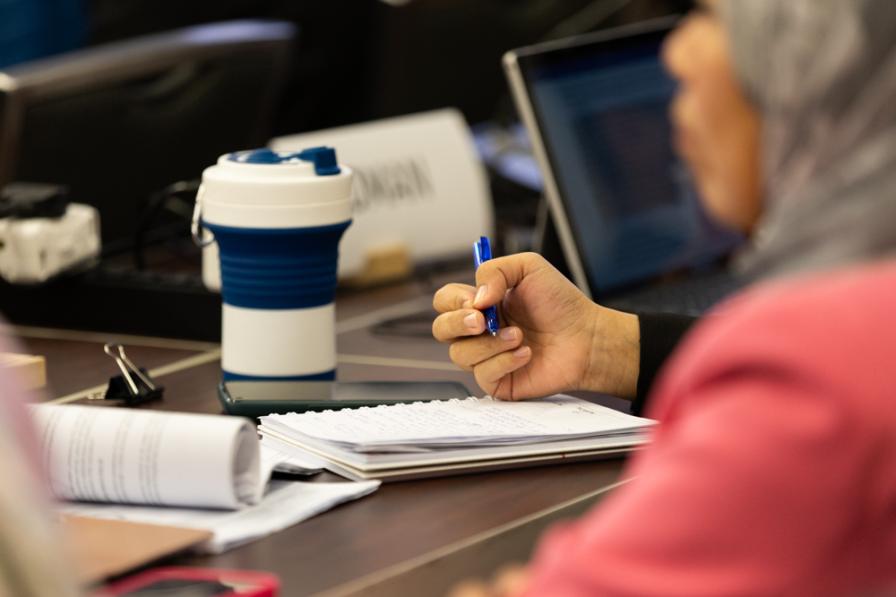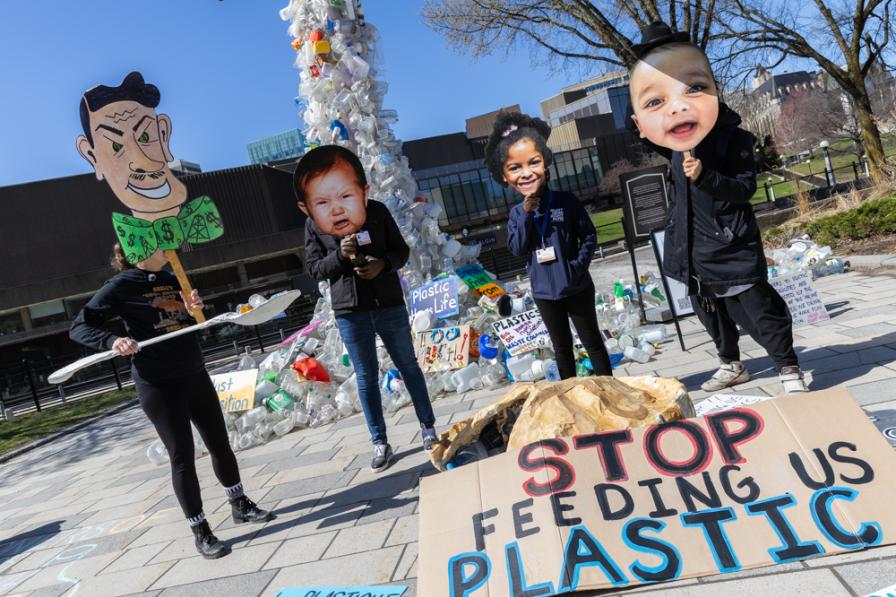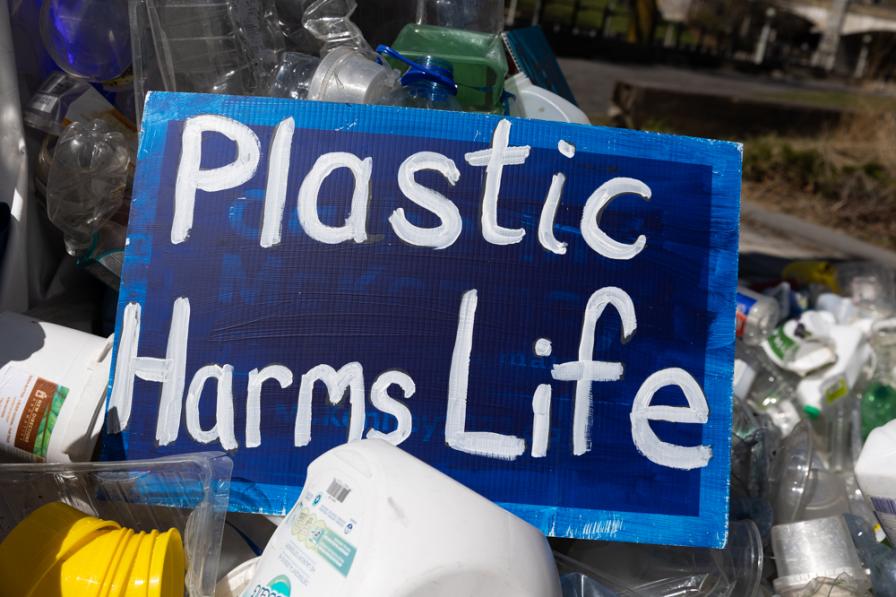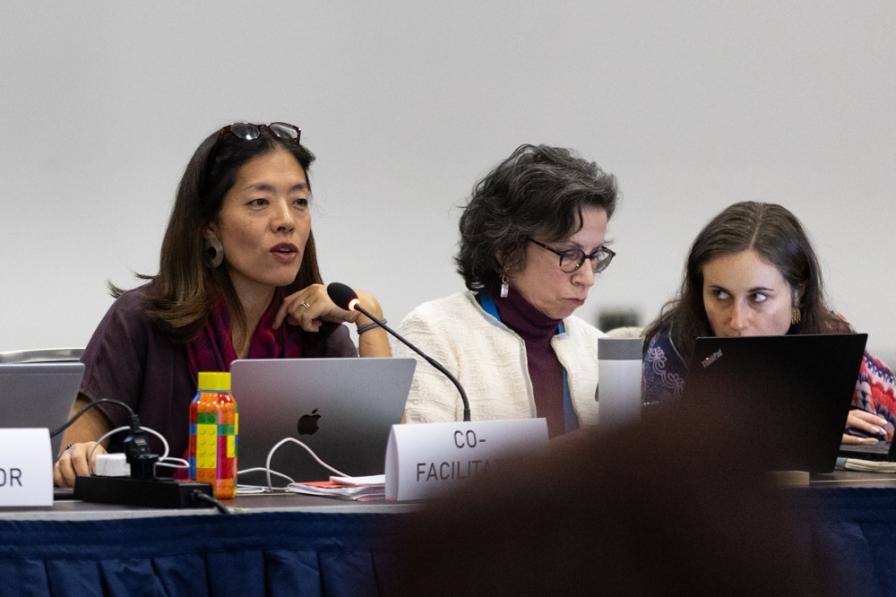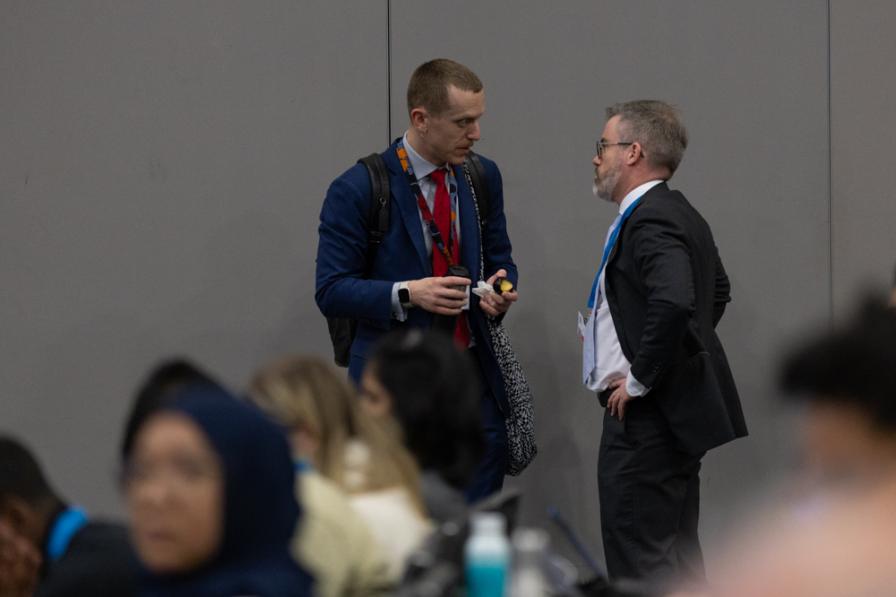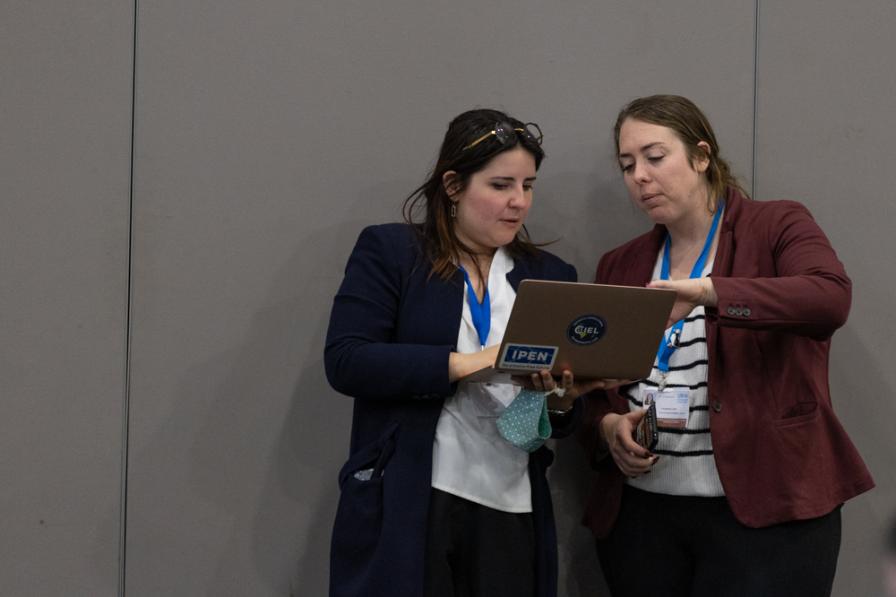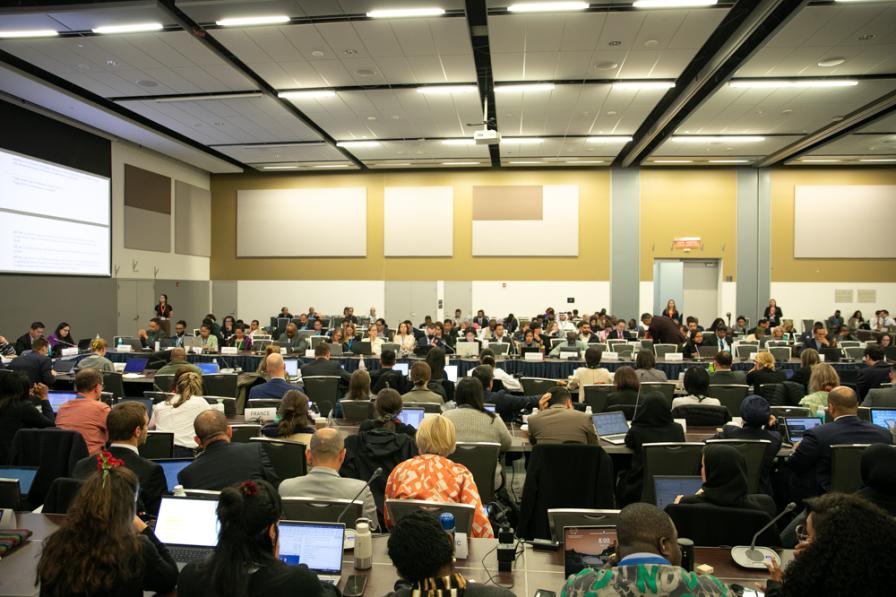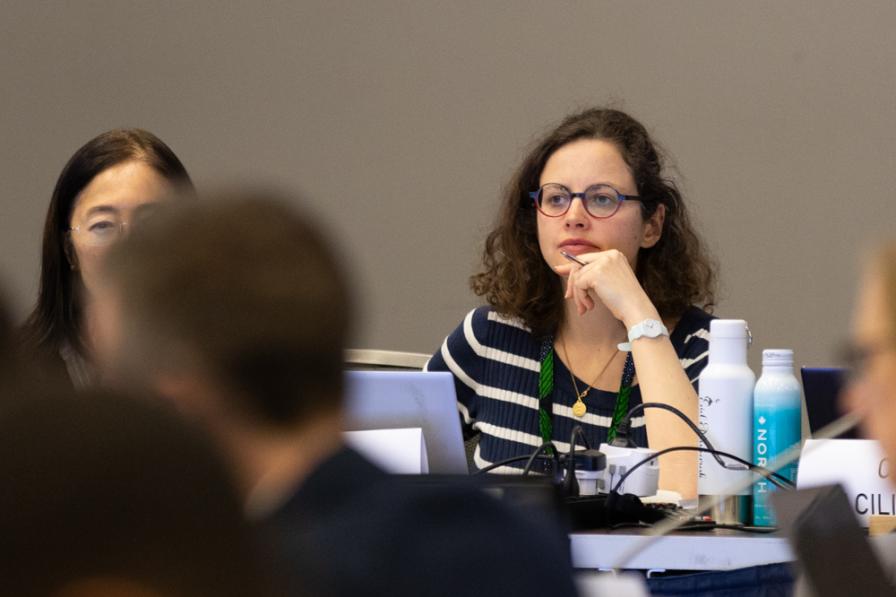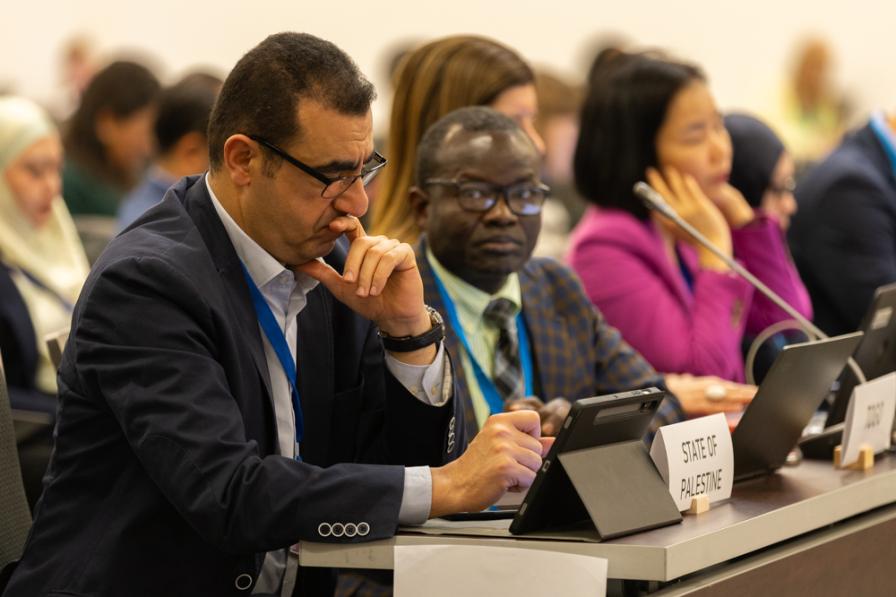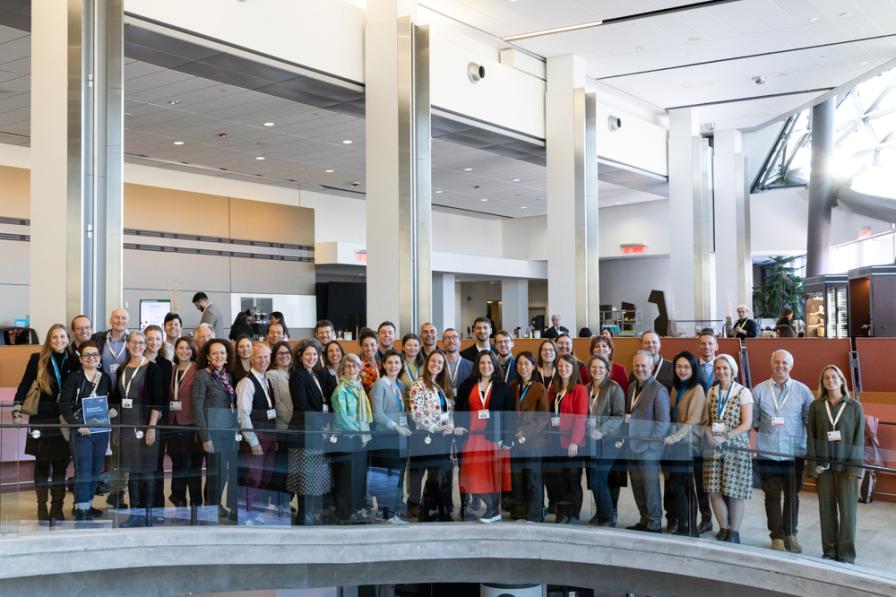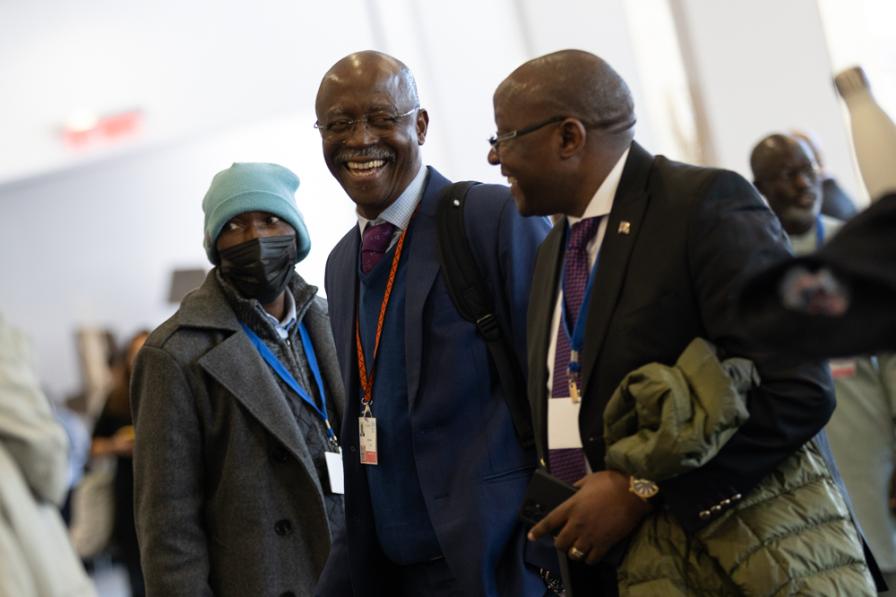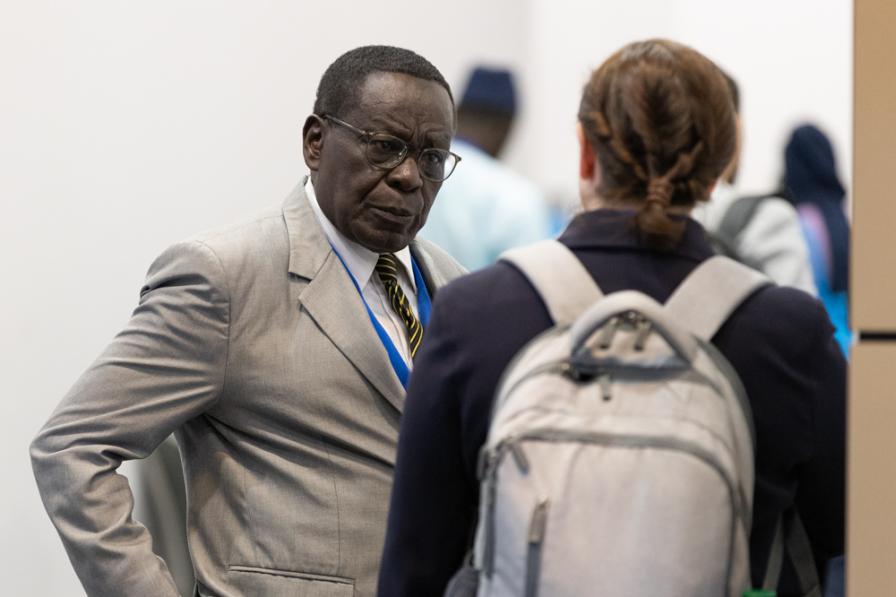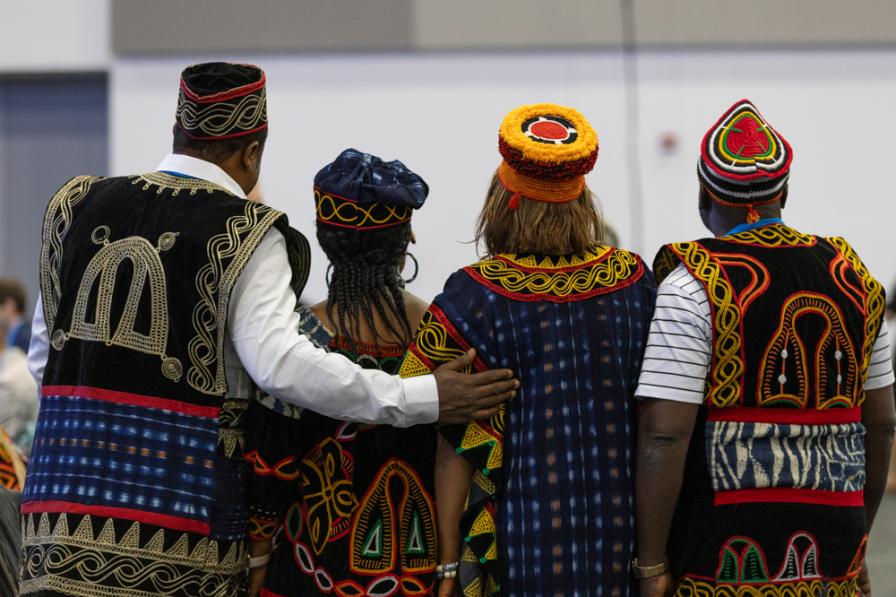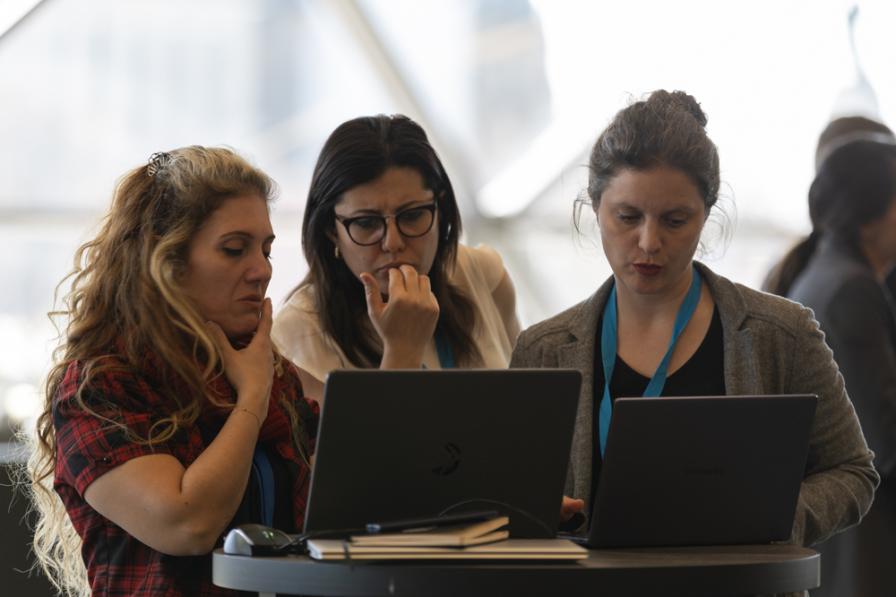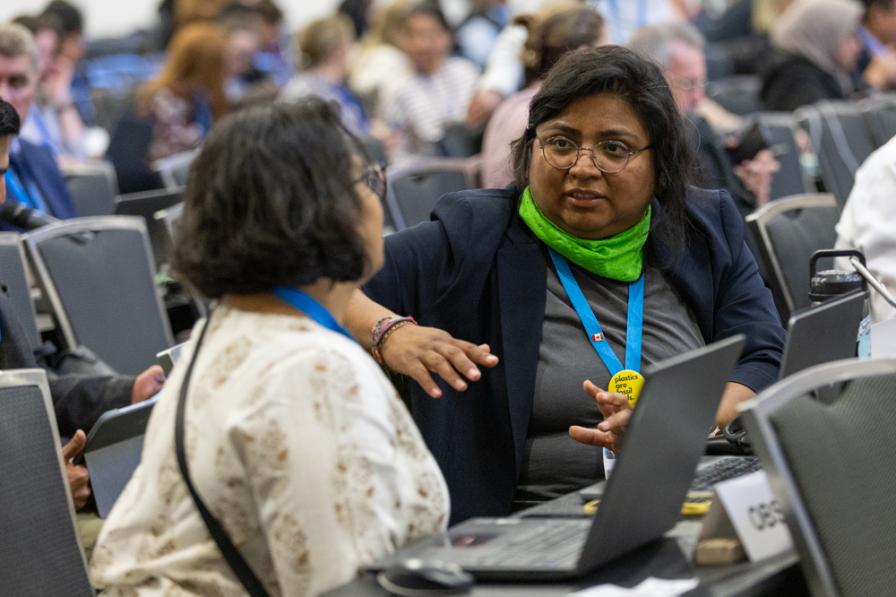Delegates waded deep into the weeds of some of the core issues on the table as they reconvened for the third day of the fourth session of the Intergovernmental Negotiating Committee (INC-4) to develop an international legally binding instrument (ILBI) on plastic pollution, including in the marine environment.
Meeting throughout the day, delegates engaged in dense discussions on how to substantively streamline the Revised Draft Text, offering their preferences for the various options in the text. Subgroups met throughout the day, addressing:
- Extended producer responsibility, and emissions and releases;
- Product design; and
- Financing, specifically the financial mechanism and resource mobilization.
Want to dig deeper into today's talks? Read the full Earth Negotiations Bulletin daily report.
An additional subgroup also addressed: reporting, periodic assessment and monitoring, effectiveness evaluation, review of chemicals of concern, microplastics and problematic and avoidable products, and non-plastic substitutes. This group also addressed international cooperation and information exchange.
Late in the evening, delegates continued Wednesday’s discussions on the preliminary provisions of the new instrument, including the preamble, objectives, definitions, scope, and principles. They also opened discussions on upstream measures to curb plastic pollution.
In their discussions on extended producer responsibility (EPR), some countries called for global EPR schemes, others for voluntary guidelines, and a few stated their preference not to have provisions on EPR. Significantly, some countries shared that they would prefer to address EPR, which is currently a stand-alone provision in the Revised Draft Text, under the provisions related to waste management.
On the financial mechanism, a discussion common to many multilateral environmental agreements (MEAs) took place, with some favoring the Global Environment Facility (GEF) serving as the instrument’s financial mechanism and others urging delegations to establish a new, stand-alone financial mechanism for the future treaty. Those in support of the GEF argued that the Facility is already addressing pollution-related issues as part of its financial support for other environmental issues. Delegations calling for a new mechanism pointed to challenges with access to GEF funding, as well as the inequitable disbursement of funds that has been experienced by smaller economies.
Views also diverged on the issue of resource mobilization, another familiar sticking point. Who should pay for the implementation of this treaty? Several developing countries were adamant that donor countries should give the lion's share of any resources required. It should come as no surprise that developed countries were not of the same opinion, calling instead for broad and innovative resource mobilization efforts, especially from the private sector. Some also underlined that this would be a good way to really enforce the polluter pays principle. Much work still remains to be done before delegations can come to an agreement.
With negotiations in high gear, a stocktaking session is tentatively on the schedule for Friday, 26 April 2024.
To receive free coverage of global environmental events delivered to your inbox, subscribe to the ENB Update newsletter.
All ENB photos are free to use with attribution. For INC-4 please use: Photo by IISD/ENB - Kiara Worth
